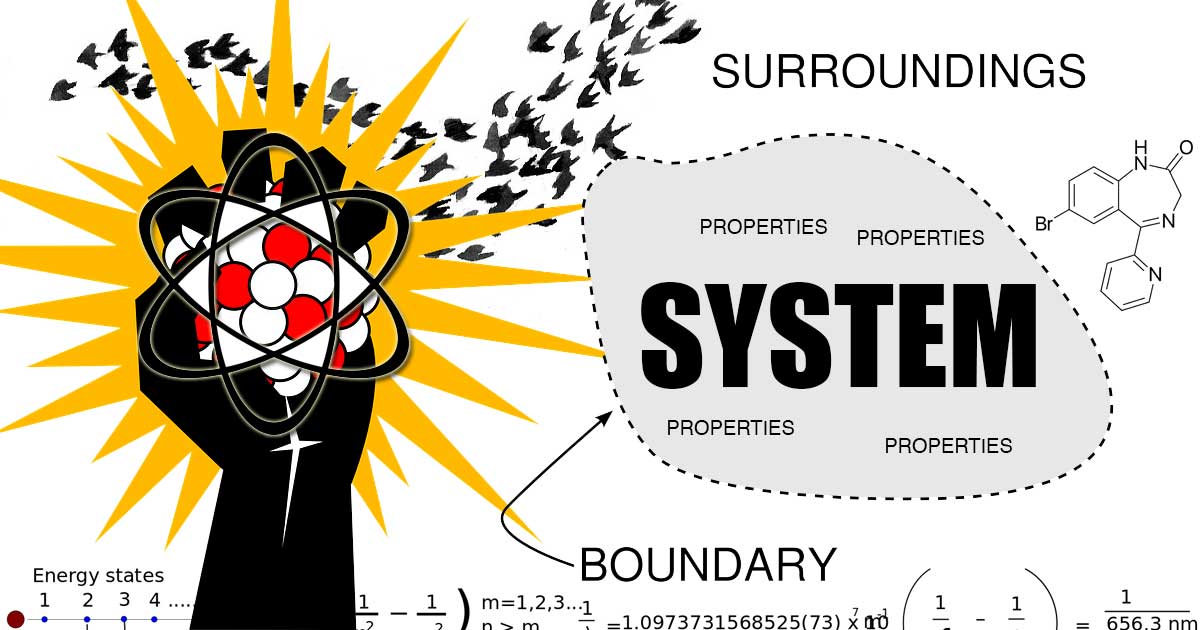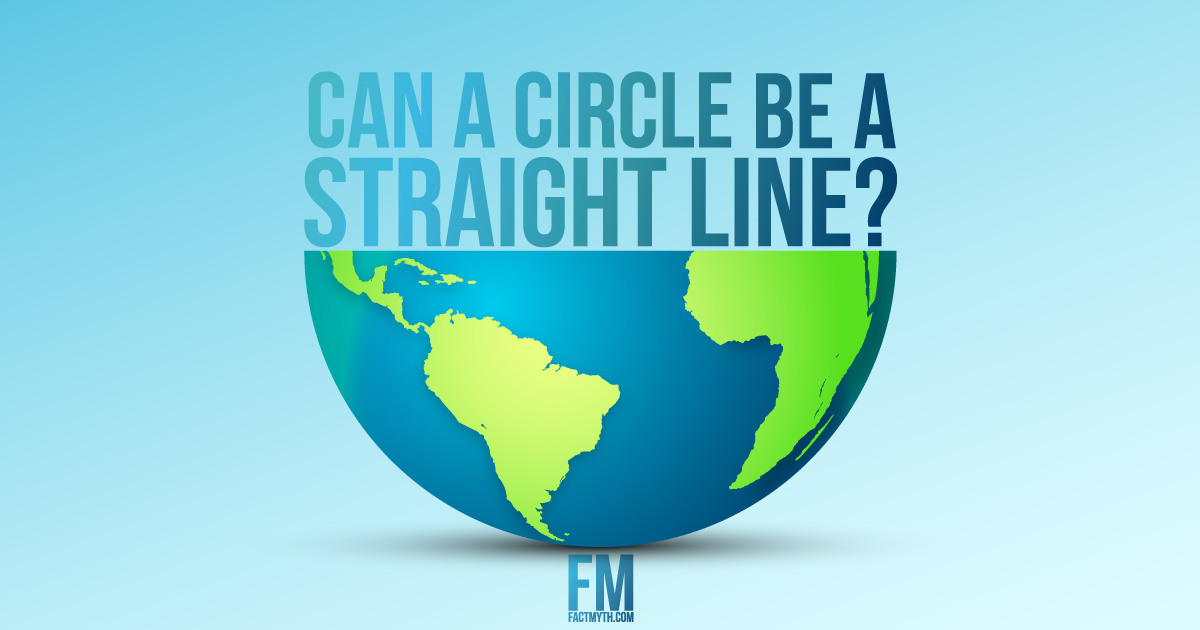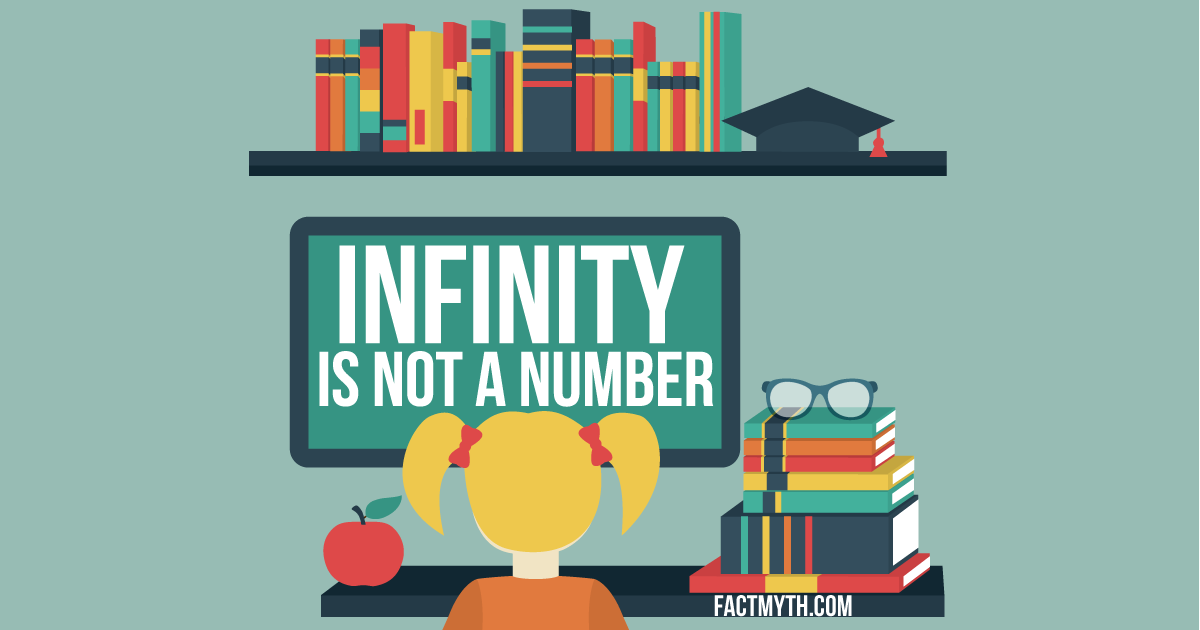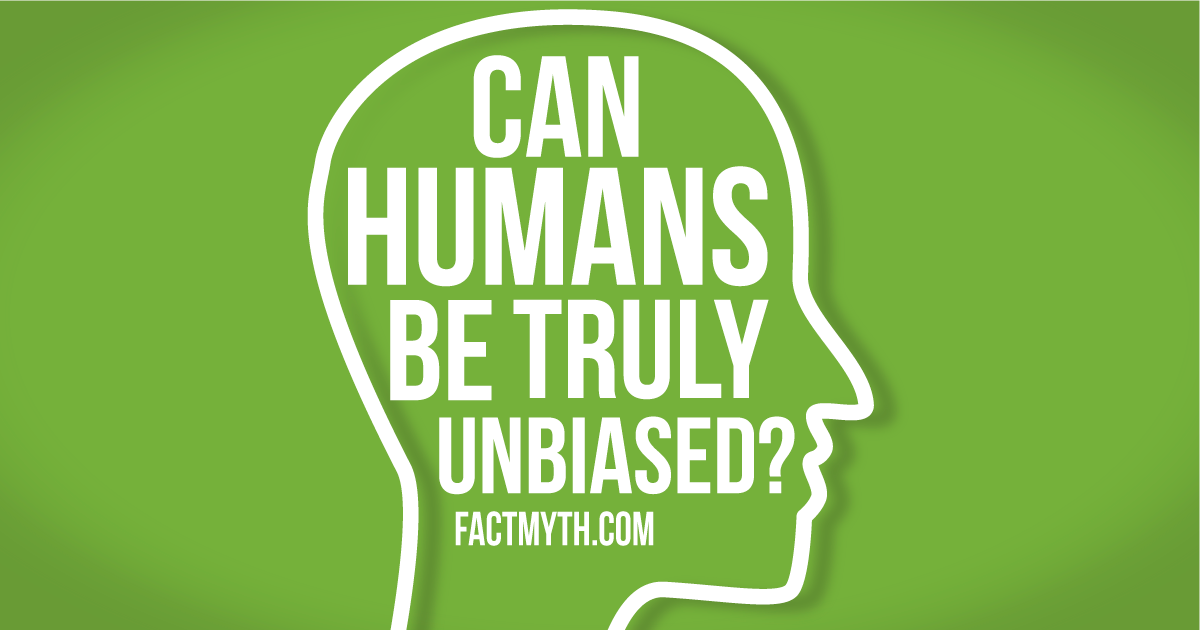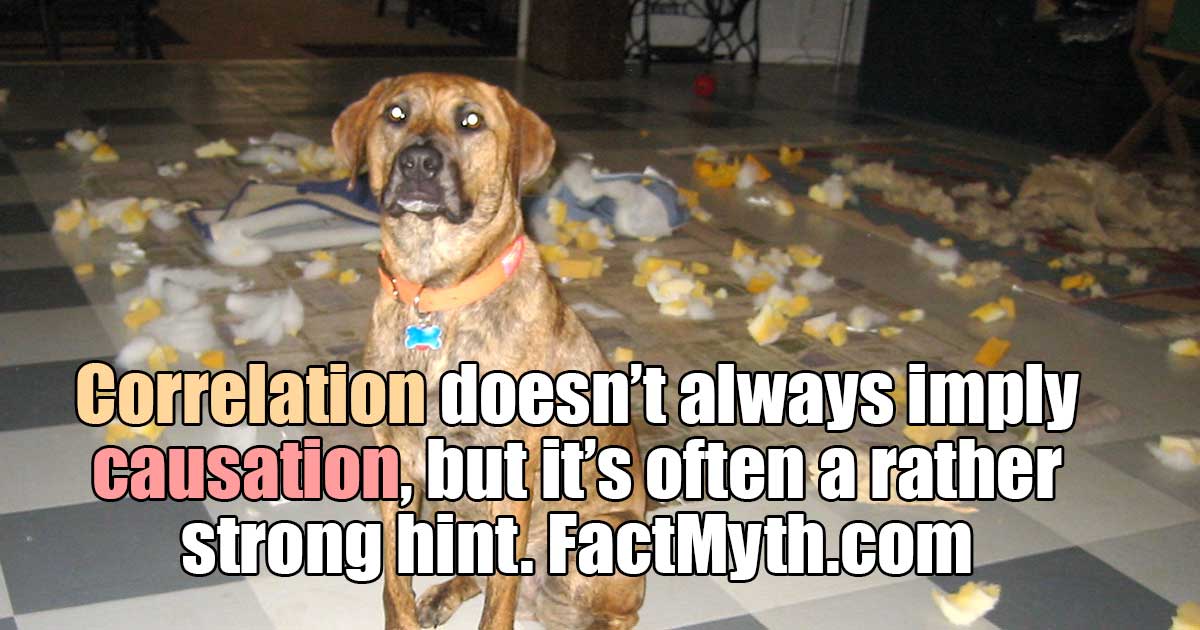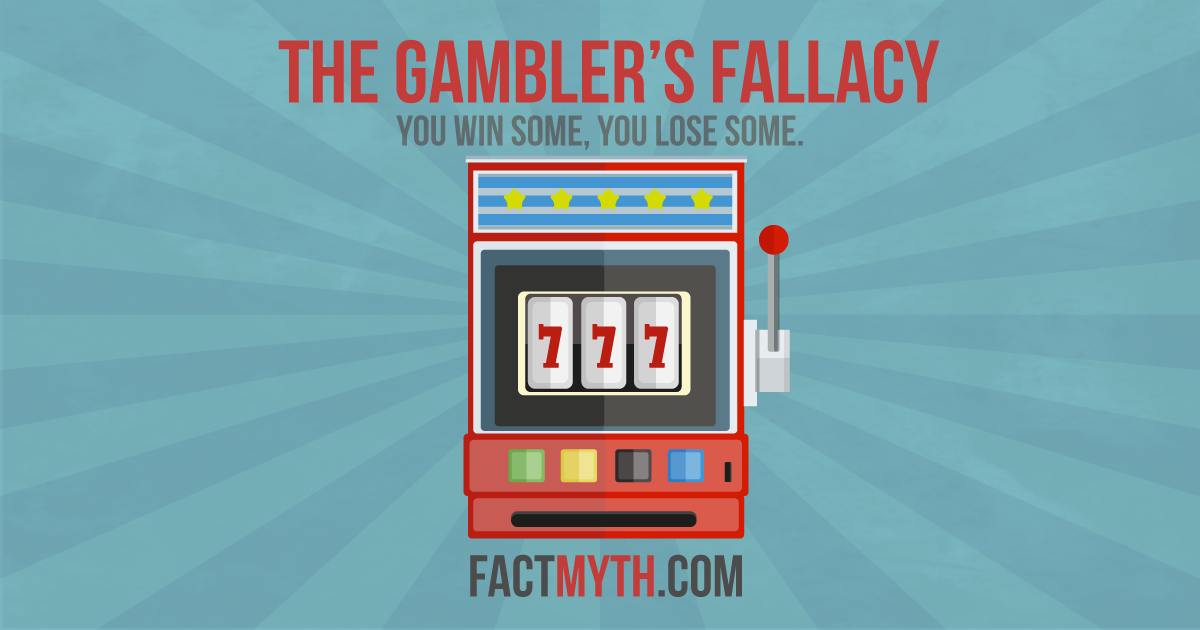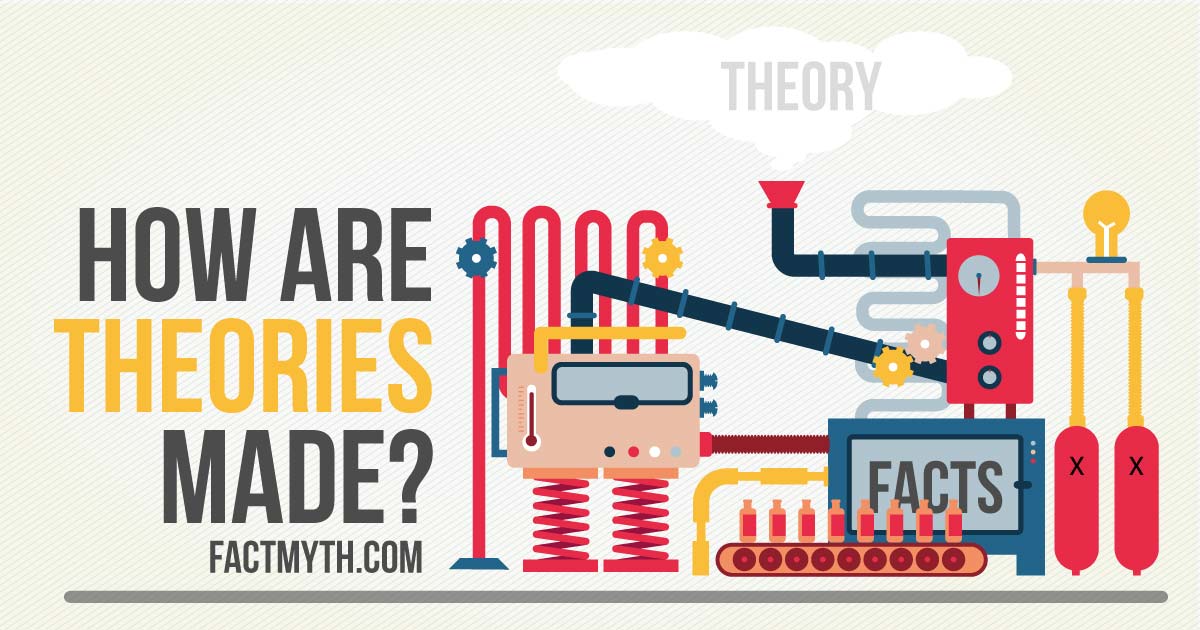If a Tree Falls in a Forest and No One Can Hear it, it Makes a Sound
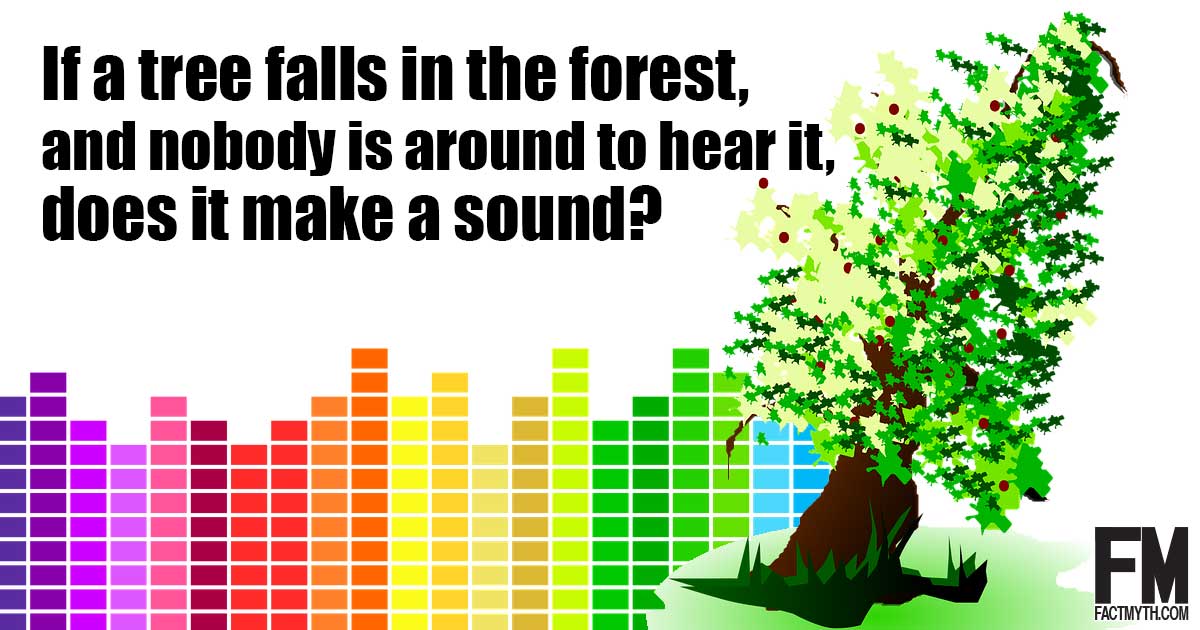
According to physics, if a tree falls and no one is around to hear it, it still makes a sound. Sound is a mechanical wave of pressure and displacement through a medium such as air or water. We don’t have to perceive a sound to know the laws of physics are in play.

